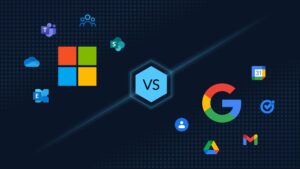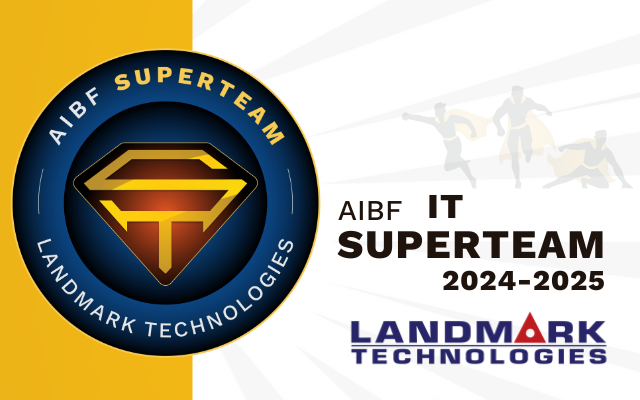Are you unsure of what Virtualisation is and how it differs from Cloud Computing?
Cloud Computing and Virtualisation are two terms that often seem interchangeable if you’re not familiar with how either work. Although the two technologies are similar, they are not the same thing, and the difference is significant enough to affect your business decisions. Click Here for a guide to help demystify the tech behind the jargon.
This article was originally posted by Patricia Pickett on thebalancecareers.com
Server Virtualisation – The Benefits and Advantages
If you’re the administrator of a system where users need to be separate from one another and from the original server, a cheap and efficient way to do this is by creating private servers through a process called “server virtualisation.”
Server virtualisation is the idea of taking a physical server and, with the help of virtualisation software, partitioning the server, or dividing it up, so that it appears as several “virtual servers,” each of which can run their copy of an operating system. In this way, rather than the entire server dedicated to one thing, it can be used in several different ways.
Advantages of Server Virtualisation
-
- Saves money on IT costs. When you partition one physical server into several virtual machines, you can deploy, operate and manage multiple operating system instances at once on that single physical server. Fewer physical servers mean less money spent on those servers.
- Reduces the number of physical servers a company must have on its premises. Regardless of company size, it’s always a good idea to save space.
- Cuts down on energy consumption since there are fewer physical servers consuming power. That’s especially important, given the trend toward green IT planning and implementation.
- Creates independent user environments. Keeping everything separate is especially useful for purposes such as software testing (so programmers can run applications in one virtual server without affecting others).
- Provide affordable web hosting. When dozens of servers can fit on the same computer, the supply of servers is increased for virtually no additional cost.
Types of Server Virtualisation
There are three different kinds of server virtualisation:
- Virtual machine model (or “full virtualisation”): Based on the host/guest paradigm, use a special kind of software called a hypervisor. Administrators can create guests with different operating systems.
- Paravirtual machine (PVM): similar to full virtualisation, also based on a host/guest paradigm. Can also run multiple OSes.
- OS-level: not based on the host/guest paradigm. Guests must use the same OS as the administrator/host, and partitions are completely separated from one another (so problems in one cannot affect any others).
Continue reading here.
At Landmark, we’re in the know about server visualisation. As part of our IT services, our expert virtualisation consultants have extensive experience with server virtualisation projects; configuring, supporting and maintaining virtual servers for organisations of all sizes.
Whether you already have an existing virtualised setup, or are looking to convert to one, Landmark’s IT services can help make your server virtualisation project a success. Contact us now.
[email-subscribers-form id=”1″]











